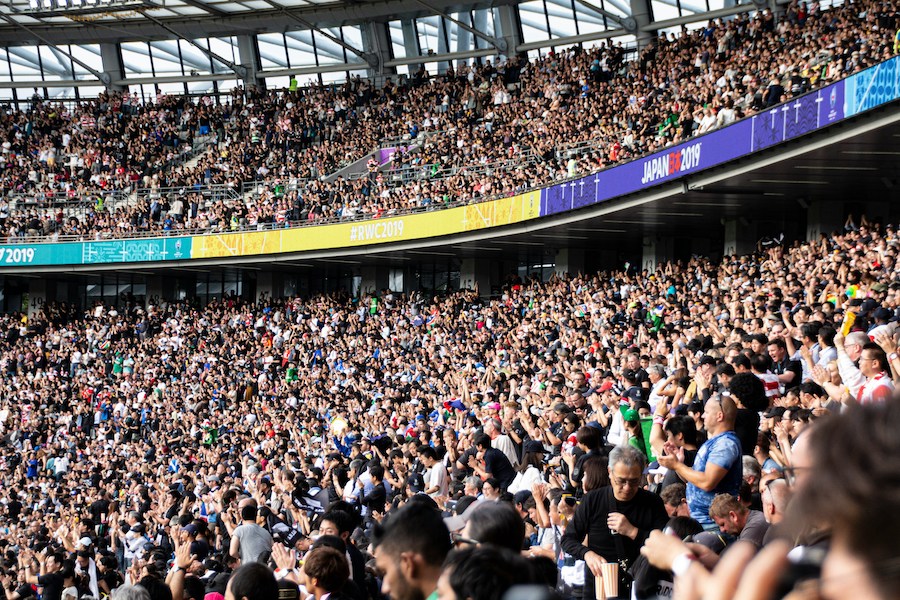The sports industry, with its large-scale events, vast audiences, and extensive use of disposable products, stands at a critical junction in the global push towards sustainability. Each game and event generates significant amounts of waste, notably from disposable cups, cardboard trays, and other single-use items. Addressing this challenge requires a comprehensive strategy focused on recycling, reusing, and redesigning these products. This article delves into the innovative approaches and sustainable solutions transforming waste reduction in sports, setting a new standard for eco-conscious entertainment.
The Challenge of Waste in Sports
Assessing the Situation
Sports venues, from massive stadiums to local fields, are hubs of activity that, unfortunately, produce substantial waste. Disposable cups, food packaging, and promotional items contribute to a larger environmental footprint. Recognizing the scale of this issue is the first step towards meaningful change.
Auditing Waste Streams
Conducting waste audits is crucial for understanding the composition and volume of waste generated. These audits provide insights into the most prevalent types of waste, such as plastic cups and cardboard trays, guiding the development of targeted waste reduction strategies.
If you are interested in conducting a waste audit for your sports event click the button below to learn more:
Strategies for Sustainable Change
Recycling: Beyond the Basics
While recycling is a well-known practice, its potential is often underutilized in sports settings. Enhancing recycling efforts involves:
- Comprehensive Recycling Programs: Implementing stadium-wide recycling initiatives that include clear signage, accessible bins, and education campaigns to encourage participation among attendees and staff.
- Post-Event Recycling Efforts: Organizing dedicated teams to sort and recycle waste materials more effectively after events.
Reusing: A Game Plan for Sustainability
Reusing materials not only reduces waste but also conserves resources. Strategies include:
- Refillable Cup Systems: Encouraging fans to purchase durable, branded cups that can be refilled at concession stands, reducing the use of disposable cups.
- Reusable Food Containers: Transitioning to reusable trays and containers for food service, accompanied by return and washing stations.
Redesigning for the Environment
The ultimate goal is to eliminate waste before it’s created. This involves:
- Redesigning Disposable Cups and Cardboard Trays: Developing new, sustainable designs for traditional disposable items, using materials that are fully compostable or made from recycled content.
- Innovative Packaging Solutions: Introducing packaging that serves a dual purpose, such as edible containers or those that can be repurposed or easily recycled.
Case Studies: Pioneers in Sports Sustainability

The Success of Stadium Recycling Initiatives
Highlighting successful recycling programs in stadiums around the world, this section showcases how concerted efforts can lead to significant reductions in waste. For example, some stadiums have achieved near-zero waste on game days through comprehensive recycling and composting programs.
Innovations in Reusable and Recyclable Products
This part explores groundbreaking products and systems implemented in sports venues, such as biodegradable cups and trays, and how these initiatives have paved the way for wider adoption in the industry.
Engaging Fans and Communities in the Movement
Building a Culture of Sustainability
Creating a sustainable sports culture requires engaging fans, athletes, and the broader community. This includes:
- Educational Campaigns: Utilizing digital platforms, in-game announcements, and community events to raise awareness about waste reduction efforts and how individuals can contribute.
- Fan Involvement Programs: Encouraging fans to participate in sustainability initiatives, such as recycling challenges and rewards for using reusable items.
Partnerships for Impact
Collaborating with environmental organizations, local governments, and sustainability experts can amplify efforts to reduce waste in sports. These partnerships can lead to innovative solutions, shared resources, and greater community involvement in sustainability practices.
Looking Ahead: The Future of Waste Reduction in Sports
Policy and Leadership
For the sports industry to fully embrace sustainability, leadership and policy play pivotal roles. This includes adopting industry-wide standards for waste reduction, investing in sustainable infrastructure, and setting ambitious environmental goals.
Technological Advances
Emerging technologies offer new opportunities for waste reduction, from advanced recycling techniques to materials science innovations. The sports industry must stay at the forefront of these developments, continually seeking ways to minimize its environmental impact.
Global Collaboration
The challenges of waste reduction require a collective response. By sharing best practices, successes, and lessons learned, the global sports community can drive forward a unified agenda for sustainability.
Conclusion and Call to Action
The journey towards waste reduction in sports is both a challenge and an opportunity to redefine the industry’s impact on the planet. By embracing recycling, reusing, and redesigning, sports organizations can lead by example, inspiring fans and communities to join in the effort towards a sustainable future.
Be Part of the Change
We invite everyone involved in sports – from fans and athletes to executives and staff – to advocate for and participate in waste reduction initiatives. Together, we can transform the sports we love into a powerful force for environmental stewardship.
Stay Engaged and Informed
The path to sustainability is ongoing. Stay informed about the latest trends, technologies, and practices in waste reduction within the sports industry. Your engagement and advocacy can make a crucial difference in building a greener, more sustainable sports world.
